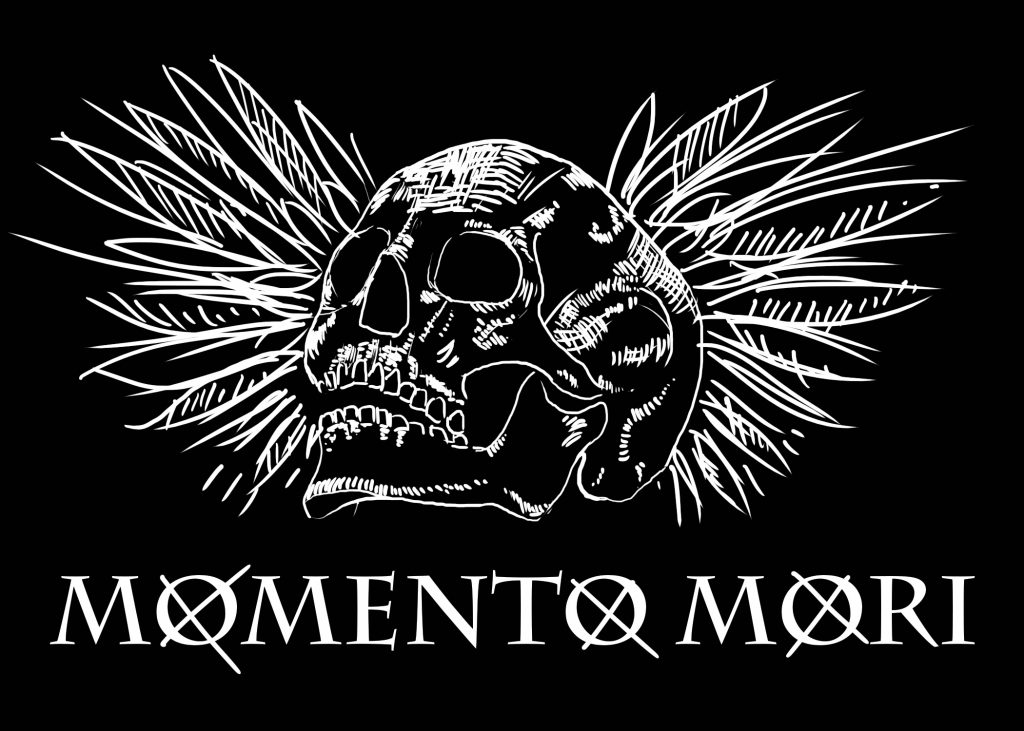



The slave’s sole responsibility for the entirety of the procession was to whisper in the general’s ear continuously, “Respice post te. But riding in the same chariot, standing just behind the worshipped general, was a slave. The general was idolized, viewed as divine by his troops and the public alike. The ceremonial procession could span the course of a day with the military leader riding in a chariot drawn by four horses. Memento Mori is believed to have originated from an ancient Roman tradition.Īfter a major military victory, the triumphant military generals were paraded through the streets to the roars of the masses. They treated each day as a gift, and reminded themselves constantly to not waste any time in the day on the trivial and vain. The Stoics used Memento Mori to invigorate life, and to create priority and meaning. In doing so, the world’s most powerful man managed the obligations of his position guided by living virtuously NOW.Įpictetus would ask his students, “ Do you then ponder how the supreme of human evils, the surest mark of the base and cowardly, is not death, but the fear of death?” And begged them to “ discipline yourself against such fear, direct all your thinking, exercises, and reading this way - and you will know the only path to human freedom.” Let that determine what you do and say and think.” The emperor considered it imperative to keep death at the forefront of his thoughts. In Meditations, Marcus Aurelius wrote to himself: “ You could leave life right now. Let us balance life’s books each day…The one who puts the finishing touches on their life each day is never short of time.” Seneca urged in his Moral Letters to Lucilius, “ Let us prepare our minds as if we’d come to the very end of life. We’ll show you how it has evolved through its many forms of practice and interpretation in literature, art, fashion, and present day popular culture - where thousands of people carry Memento Mori coins in their pockets or have adapted other physical reminders to keep the thought of death with them at all times. In this article, we’ll explore the history of this seemingly haunting, but actually inspiring, phrase as well as where it came from and what it means. As Socrates says in Plato’s Phaedo, “The one aim of those who practice philosophy in the proper manner is to practice for dying and death.” The idea has been central to art, philosophy, literature, architecture, and more throughout history. “ Memento Mori,” or translated in English, “Remember you must die.” The point of this reminder isn’t to be morbid or promote fear, but to inspire, motivate and clarify. But for others, the certainty of death is kept at the forefront of thought. Kings or peasants, brilliant or stupid, everyone dies or is dead. From the beginning of time to the end, death is the one universal inescapable commonality. The one perennial truth – rich or not, successful or not, religious, philosophical, it doesn’t matter – you will die.


 0 kommentar(er)
0 kommentar(er)
